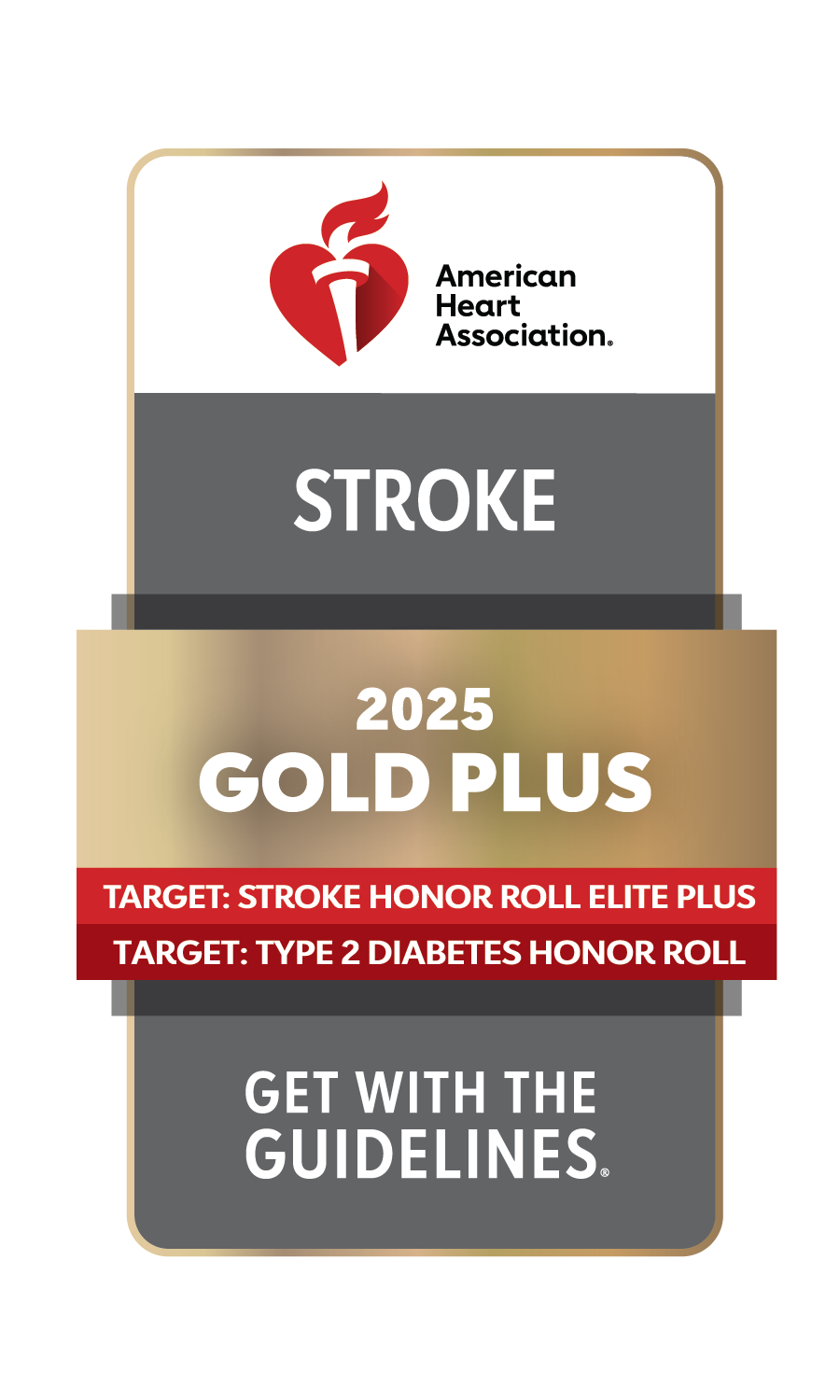Types of Stroke We Treat
To Contact Stroke Services
If this is an emergency, call 911.
With the Comprehensive Stroke Center at VCU Health, our trained stroke team treats the following types of stroke:
- Arteriovenous malformation (AVM)
- Brain aneurysm
- Cerebrovascular disease
- Extracranial and intracranial artery disease
- Intracerebral hemorrhage
- Ischemic stroke (arterial blockage to the brain)
- Subarachnoid hemorrhage
- Transient ischemic attack (TIA)
With a multidisciplinary approach to care at VCU Health, our comprehensive stroke team works closely across a range of specialties, including:
- Cardiology
- Care Coordination
- Critical Care Medicine and Neurointensivists
- Emergency Medicine
- Endovascular and Cerebrovascular Neurosurgery
- Neurology
- Neurology Stroke Research
- Neuropsychology and Rehabilitation Psychology
- Neurosurgery
- Pharmacy
- Physical Medicine and Rehabilitation
- Radiology and Neuroradiology
- Telemedicine
- Vascular Surgery
- VCU Health Air Medical Transport
- VCU Health Patient Transfer Center
Treating Atrial Fibrillation Diminishes Risk of Stroke
Atrial fibrillation or AF, is the most common type of arrhythmia and a risk factor for stroke. An arrhythmia is a problem with the rate or rhythm of the heartbeat. With AF, the blood isn't pumped completely into the heart's two lower chambers, called the ventricles. As a result, the heart's upper and lower chambers don't work together as they should. If you have AF, you may not notice symptoms. However, even with no symptoms, AF can increase the chance of stroke. Some people with AF have chest pain or heart failure if the heart rhythm is very fast.
Top 5 Percent of Hospitals Nationwide
At VCU Health, our stroke team uses the gold standard of care called IV-TPA, or tissue plasminogen activator, to dissolve blood clots. Our consistently superior median response time of under 30 minutes from hospital arrival, demonstrated to improve stroke outcomes and safety, places VCU Health in the top 5 percent of hospitals nationwide. We were also the first in Virginia to:
- Extend the emergency code stroke alert across all 24 hours for improved response times
- Integrate multimodal CT perfusion and angiography in the evaluation of all Emergency Department stroke alert patients, regardless of NIH Stroke Scale severity



